Welcome back, flame warriors, to another deep dive into the world of fire safety. Today, we’re strapping on our boots and wading into the sea of possibilities that is the water fire extinguisher. Now, I know what you’re thinking, “Water? Really, Michael?” But trust me, there’s more to this liquid hero than meets the eye.
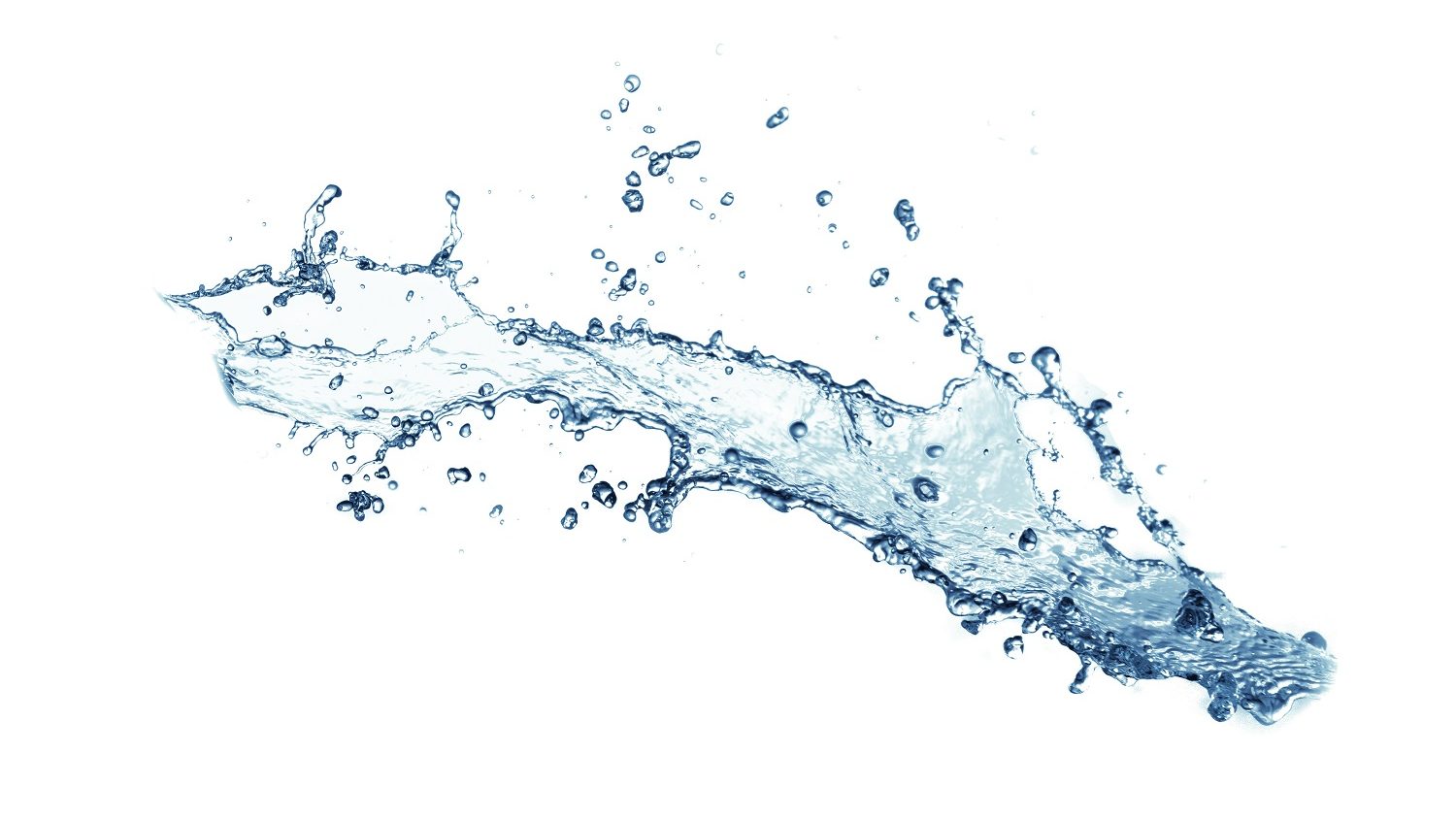
The Pros of a Water Fire Extinguisher:
- Versatility: One of the most significant advantages of water fire extinguishers is their versatility. Whether you’re dealing with the unruly flames of paper, wood, or textiles, these bad boys are up to the challenge.
- Environmentally Friendly: We’re all trying to be a bit more eco-conscious these days, right? Well, water fire extinguishers are the green thumbs of the firefighting world. No harmful chemicals, no ozone-depleting agents – just good old H2O doing its thing. It’s a breath of fresh air, or should I say, splash of fresh water, in a world filled with chemical-laden alternatives.
The Cons of a Water Fire Extinguisher:
- Limited Applicability: While water fire extinguishers can handle the basics, they aren’t superheroes in every scenario. Electrical fires and those fueled by flammable liquids, like gasoline, are a no-go zone for these aquatic warriors. In a face-off with a live wire or a pool of gasoline, you might as well be armed with a squirt gun.
- Freezing in the Cold: Imagine this chilling scenario: it’s winter, and you’ve got a frosty fire emergency on your hands. Water fire extinguishers aren’t immune to the cold – their liquid contents can freeze, rendering them useless when you need them most. It’s like bringing a popsicle to a firefight.
- Corrosion Concerns: Water may be a lifesaver, but it’s not always kind to metal. Over time, the metal components of water fire extinguishers can corrode, reducing their effectiveness and potentially leading to leaks. It’s a corrosion conundrum that might make you think twice about relying solely on water in the long run.
Scenarios: When A Water Fire Extinguisher Rules, and When They Drool:
Scenario 1 – Electrical Eclipse:
Sparks are flying, and you’ve got an electrical fire on your hands. In this case, a water fire extinguisher is about as useful as a screen door on a submarine. It’s time to call in the big guns – a CO2 fire extinguisher, which won’t conduct electricity and can snuff out the flames without short-circuiting your efforts.
Scenario 2 – Garage Inferno:
You’ve got a garage full of oily rags, and a spark sets the whole place ablaze. Water fire extinguishers might make a splash, but they’re no match for the ferocity of a flammable liquid fire. Dry powder extinguishers are the unsung heroes here, smothering the flames and preventing a fiery garage meltdown.
Scenario 3 – Basement Escapades:
You’ve got a basement getaway to relax and read a book, and a candle sets the whole place ablaze. A Water fire extinguisher is great on solids such as wood, paper, fabrics and other A class fire risks so it would be a star in this scenario.
All 3 scenarios underscore the importance of understanding the nature of the fire you’re dealing with. Learn more about the uses, limitations, fire classes, and more for each type of fire extinguisher here.
Alright, let’s break it down room by room in your typical family home, covering the common fire class types you might encounter:
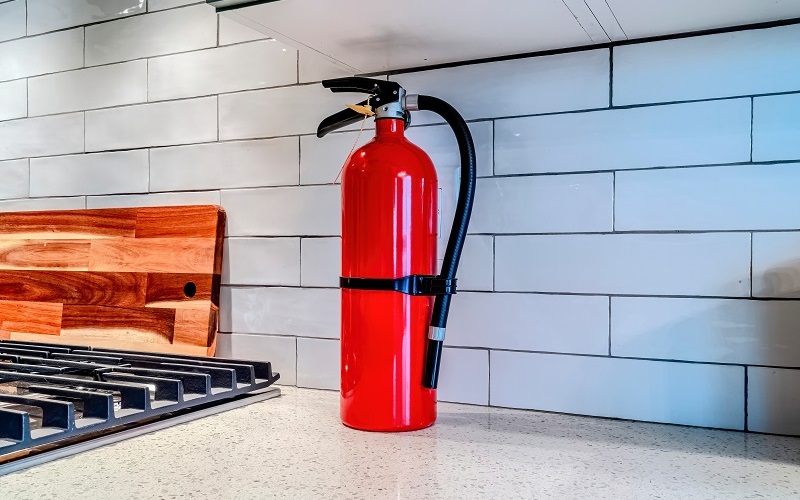
THe kitchen
- Common Fires: Cooking-related fires involving oils, fats, or appliances.
- Fire Class: Class K (Kitchen) fires are common in the kitchen due to the presence of cooking oils and fats. For small kitchen fires, a Class K fire extinguisher or a wet chemical fire extinguisher is recommended.

THe living room
- Common Fires: Electrical fires from overloaded outlets or malfunctioning devices, and fires involving furniture or curtains.
- Fire Class: Class A (Wood, paper) and Class C (Electrical) fires are potential risks. A multi-purpose ABC dry chemical fire extinguisher is suitable for a variety of fires, including wood, paper, and electrical equipment.

THe bedroom
- Common Fires: Bedding or clothing fires, electrical fires from appliances or charging devices.
- Fire Class: Class A (Wood, paper) and Class C (Electrical) fires are likely. Similar to the living room, an ABC dry chemical fire extinguisher is a versatile choice.

THe bathroom
- Common Fires: Electrical fires from hair dryers or curling irons, as well as potential paper or fabric fires.
- Fire Class: Class A (Wood, paper) and Class C (Electrical) are possibilities. A compact ABC dry chemical fire extinguisher can fit in the confined space of a bathroom.
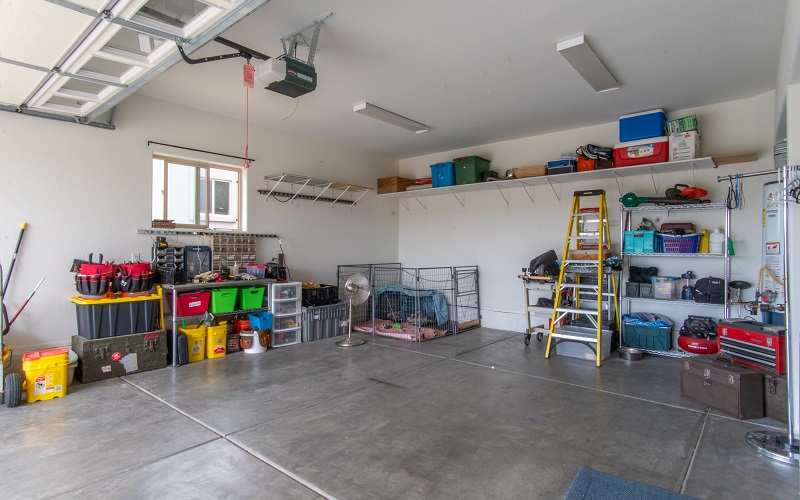
THe garage
- Common Fires: Flammable liquid fires (gasoline, oil), fires from power tools, and potential electrical fires.
- Fire Class: Class B (Flammable liquids) and Class C (Electrical) fires are prevalent. A multi-purpose ABC dry chemical or a CO2 fire extinguisher is suitable for a garage environment.
Remember, while having the right fire extinguisher for each potential fire class is essential, the primary focus should always be on prevention. Regular maintenance of electrical systems, proper use of appliances, and being cautious with fire-prone activities can significantly reduce the risk of fires in different rooms of your home. Stay safe!
Frequently Asked Questions About A Water Fire Extinguisher
Q: Can water fire extinguishers be used on electrical fires?
A: No, water conducts electricity, so using a water fire extinguisher on electrical fires is a big no-no. Opt for a CO2 extinguisher instead, which won’t mess with the electrical currents.
Q: Can water fire extinguishers be used outdoors?
A: Yes, they can be used outdoors, but be mindful of freezing temperatures. If the mercury takes a nosedive, you might be better off with a different type of extinguisher.
Q: How often should water fire extinguishers be inspected?
A: Regular inspections are crucial. Check your water fire extinguisher at least once a month to ensure it’s in working order, and have a professional inspection annually.
Q: Are water fire extinguishers effective against flammable liquids?
A: Unfortunately, no. Water fire extinguishers are not designed for flammable liquid fires. In such cases, a dry powder extinguisher is your go-to option.
There you have it, flame enthusiasts! Water fire extinguishers – a powerful ally in the right scenarios, but like any tool, they have their limitations. Stay informed, stay safe, and remember, knowledge is your greatest weapon against the blaze. Until next time, keep it cool and keep it extinguished.
Our Term of the Day
Flame Retardant: Materials or chemicals designed to inhibit or slow down the spread of fire.

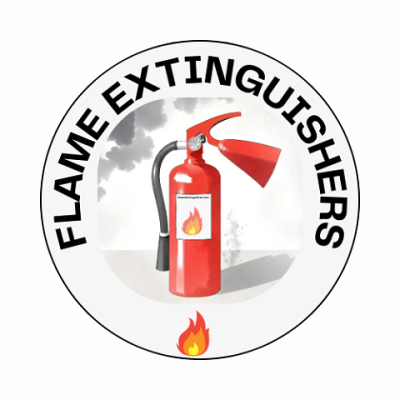

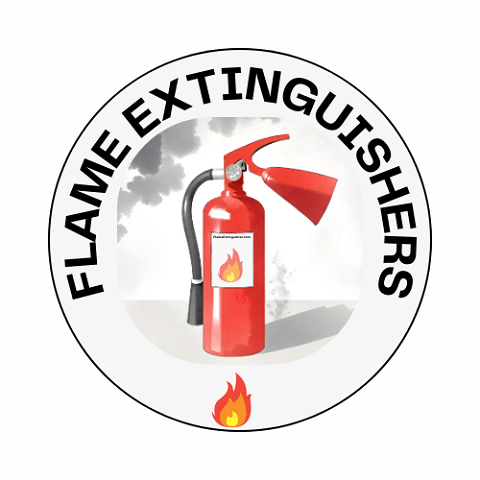
Comments are closed.